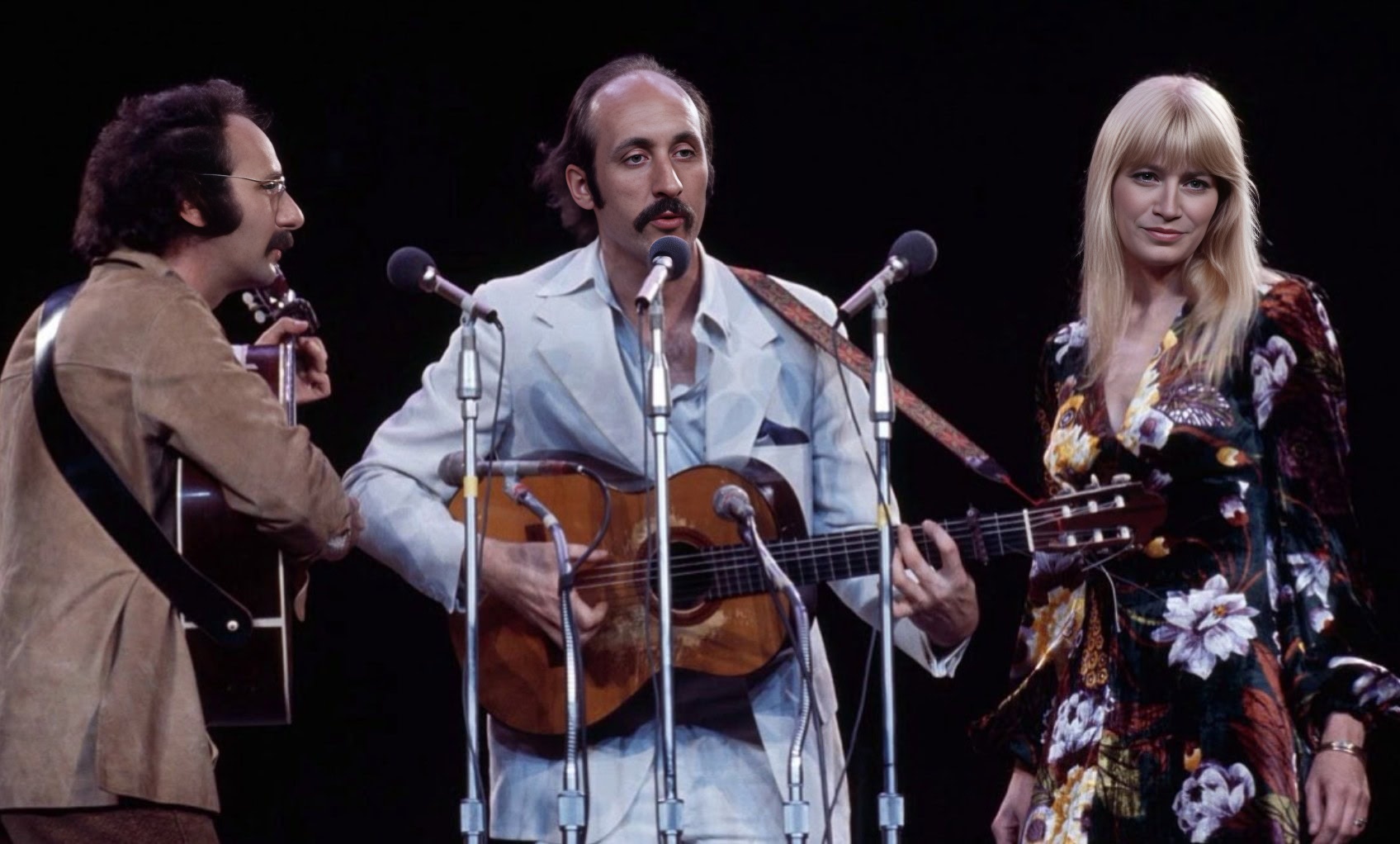
“Puff, the Magic Dragon,” released in 1963, is arguably the most iconic song by the American folk trio Peter, Paul and Mary. The group, comprised of Peter Yarrow, Paul Stookey, and Mary Travers, were pivotal figures in the American folk revival of the 1960s. Known for their socially conscious lyrics and harmonious vocals, Peter, Paul and Mary achieved widespread acclaim, landing multiple albums and singles in the Billboard charts. While they won a Grammy Award for Best Performance by a Vocal Group in 1963 for “Blowin’ in the Wind” by Bob Dylan, “Puff the Magic Dragon” remained a beloved and commercially successful song, solidifying their place in music history.
The song tells the gentle tale of Puff, a magical dragon, and his companion Jackie Paper, a little boy who enjoys imaginative adventures with him. While seemingly innocent, the song has been the subject of much debate, particularly regarding alleged drug references, specifically marijuana. However, Peter Yarrow has consistently denied these interpretations, explaining that the song is simply about the loss of childhood innocence and the inevitable transition from imagination to reality. As Jackie Paper grows older, he loses interest in playing with Puff, leaving the dragon alone and saddened.
Despite the controversies, “Puff, the Magic Dragon” resonated deeply with audiences of all ages. Many listeners connected with the song’s themes of friendship, imagination, and the bittersweet passage of time. The song’s simple melody and evocative lyrics have made it a popular children’s song, while its underlying message continues to spark discussion and interpretation among adults. Its enduring popularity is a testament to the power of storytelling through music and its ability to tap into universal human experiences.